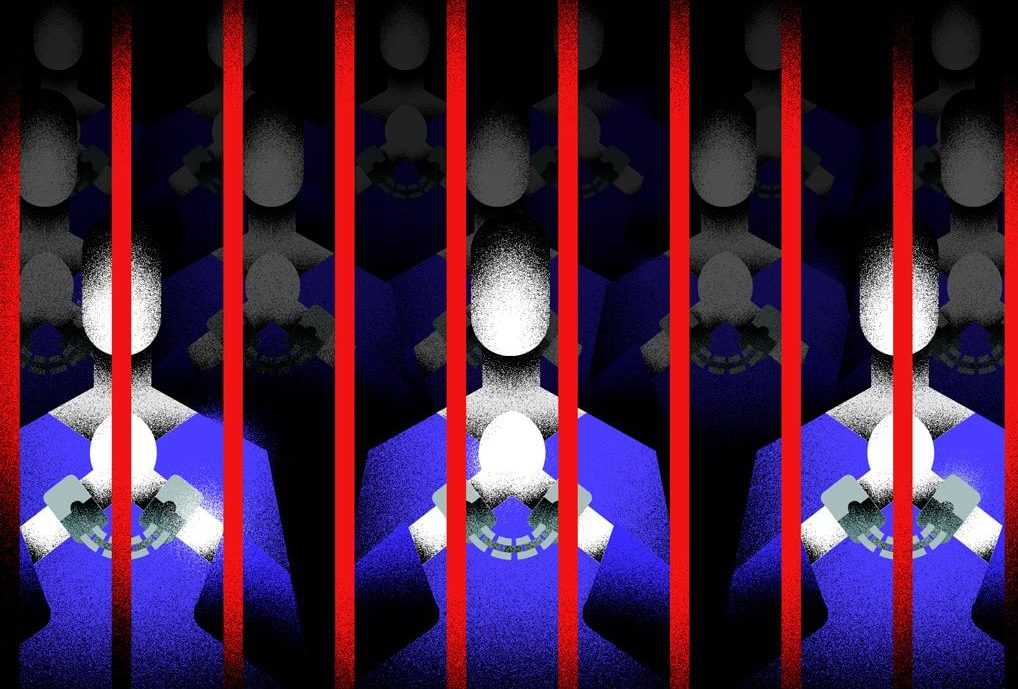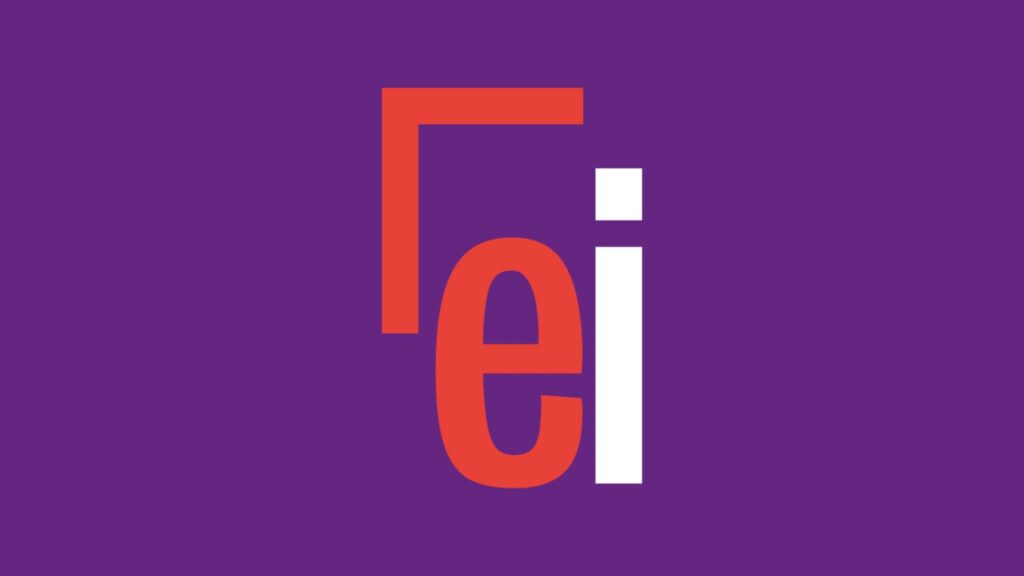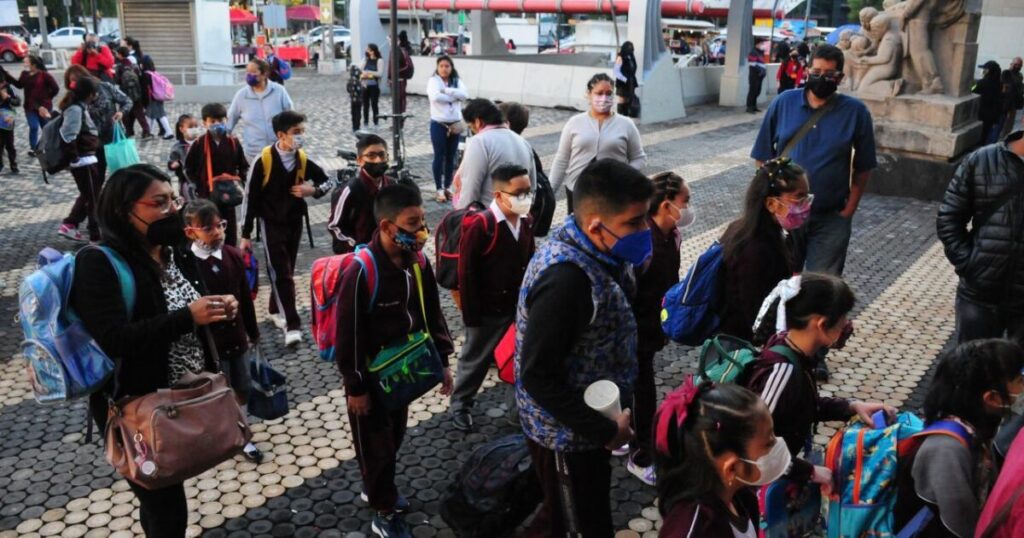The regime of Daniel Ortega and Rosario Murillo keeps more than 190 people imprisoned for political reasons in Nicaragua, and at least 34 of them are in the cells of the Directorate of Judicial Assistance, known as El Chipote, where it violates the most basic rights that has every person deprived of liberty, argue human rights defenders.
Tamara Taraciuk, deputy director for the Americas of Human Rights Watch (HRW), and Gonzalo Carrión, of the Nicaragua Never Again Collective, pointed out that all these violations suffered by prisoners of conscience occur precisely because in Nicaragua “there is no rule of law” and the criminal and prison systems of the country are used in a “whimsical” way.
“In Nicaragua there is no rule of law and the penal and prison system is being used at the whim of the regime and that is what happens when there is no type of check or counterweight, when there is no independent institution that can put a stop to the crimes. excesses of the intolerance of the regimes”, said Taraciuk in an interview with the program This week.
She highlighted that the political prisoners Dora María Téllez, Ana Margarita Vijil, Suyen Barahona and Tamara Dávila –members of the opposition movement Unamos– have more than 400 days in solitary confinement cells in El Chipote and valued that their cases are “emblematic of the abuses that we are seeing against critics and opponents of the regime, which go against any international minimum standard of human rights.”
Lawyer Gonzalo Carrión pointed out that in Nicaragua the prison system is used “arbitrarily” and “at discretion”, recalling that there are more than a dozen incarcerated older adults who, despite meeting age and health requirements, they continue under prison regimes that threaten their lives.
CONFIDENTIAL counted, with hemerographic research and data from the Mechanism for the Recognition of Political Prisoners, that the Ortega-Murillo regime keeps 27 people over 60 years of age imprisoned for political reasons, of which eleven have a “household jail”, another eleven are in prison. the different prisons of the penitentiary systems of the country and five are in cells of El Chipote, designated as a center for interrogations, psychological torture, mistreatment and isolation against prisoners of conscience.
“The Nicaraguan procedural system establishes that people, due to their age and their valetudinary status, must have a consideration, which are not concessions or favors, but rather in accordance with human dignity, they allow these people to be subjected to processes or sentences while they are free. even if it is relative”, highlighted Carrión.
“House for jail”
The defenders stressed that, although the regime has 13 people under “house arrest” – eleven of them over 60 years of age – the conditions they suffer in their homes continue to violate their rights, since they continue to be isolated, incommunicado, with lack of of access to specialized and timely medical care and with few hours of sunshine. In addition, they are watched inside and outside their homes, both they and their relatives.
“The most basic standards of the United Nations, which are called the Mandela Rules, say two things: one, is that in no circumstance can the punishment be equivalent to torture, cruel, inhuman treatment and obviously to indefinite, prolonged isolation, in conditions that include dark sites, it is never allowed by international standards; and another of the points of these standards is to ask that detainees communicate periodically with families, with lawyers. You cannot detain someone indefinitely in isolation, which is what we are seeing, both in El Chipote and in these cases of home detention,” Taraciuk explained.
Carrión denounced that the suffering of political prisoners is “extensive to families”, especially in rights they share and that they are seriously violated, among these: access to meetings or communication with their children and regular and scheduled visits.

On August 18, the regime authorized for the first time that prisoners of conscience Miguel Mora and Tamara Dávila have a meet your childrenafter 14 months of restriction and both began hunger strikes, demanding the right to see their children.
Carrión recalled that, although Dávila and Mora were already able to see their children, thanks to the pressure they exerted with their protest, others are still not authorized.
CONFIDENTIAL confirmed, with information from relatives and human rights defenders, that 18 minors, children of ten prisoners of conscience from El Chipote, are still unable to see or have any kind of communication with their parents who were detained and sentenced by the Ortega justice system.
“We join in demanding that immediately all those who have children, who have been incommunicado for more than a year, can have these visits, it is their right,” said Carrión.
The relatives of the political prisoners of El Chipote also suffer from not having regular and scheduled visits. In fifteen months in prison they have only had ten visits, with an average of forty days between one meeting and another.
Taraciuk valued that these actions of the regime show “the level of arbitrariness that the authorities are using”, that “they feel that they can act with total impunity and have people asking please for questions that are rights to which they should have access”.
A long term fight
He assured that international human rights organizations and organizations face an “enormous challenge” in trying to influence a repressive regime like Daniel Ortega’s, and that this is “a long-term struggle.”
“Sometimes the battles are difficult to win, but the documentation of each of these cases of human rights violations continues to be tremendously important because it is what gathers the evidence so that, eventually, and if it is not in Nicaragua it will be abroad, it can be done justice for the relatives and victims”, he stressed.
He added that it is important to “maintain alertness and international pressure through different strategies,” highlighting that recent repressive events, such as the arrest of Catholic Church priests, show how far Ortega is willing to go, but also “puts on the table the opportunity for there to be another type of reaction at the international level, trying to influence the regime to improve the situation of all political prisoners, achieve their release and, above all, adopt certain measures that are the path to the long road to the transition, to the return to democracy”.
“We have to continue to gather that evidence and look for effective pressure points, whether it be through the Vatican, through restricting funding, keeping international attention through, for example, the group of independent experts that created the Human Rights Council. Human Rights of the United Nations, who have the challenge of investigating the serious abuses that are being committed in Nicaragua, with the purpose of establishing responsibilities and chains of command, in order to gradually continue putting together this criminal file against what is happening in Nicaragua” , he insisted.
On March 31, the Human Rights Council of the United Nations Organization (UN) approved, through the resolution “Promotion and Protection of Human Rights in Nicaragua”, the integration of the Group of Experts on Human Rights on Nicaraguachaired by the German, Jan-Michael Simon, with the Chilean Alexandro Álvarez and the Colombian Ángela María Buitrago.
Document to access justice
Attorney Carrión stressed that Nicaraguan human rights organizations, from exile, have continued to document “hundreds of personal and family stories, testimonies that portray the pain of that state of terror imposed by the regime in Nicaragua.”
He explained that as a Collective they have 150 testimonies about the system of torture and human rights violations committed by Ortega, which they have fully available for when requested by the United Nations Group of Experts.
“We understand that they are going to make visits to Costa Rica and as a Collective we are ready, ready, to bring the victims closer to this documentation process of the UN Group of Experts, aware that the Nicaraguan regime is closed to the international community. ”, he pointed.
He added that as Nicaraguan defenders they have “confidence” in all the documentation work that is done by the different organizations and agencies, to which the Group created by the UN Council is now joining, since “documentation is vital because the time of justice will come”.
















